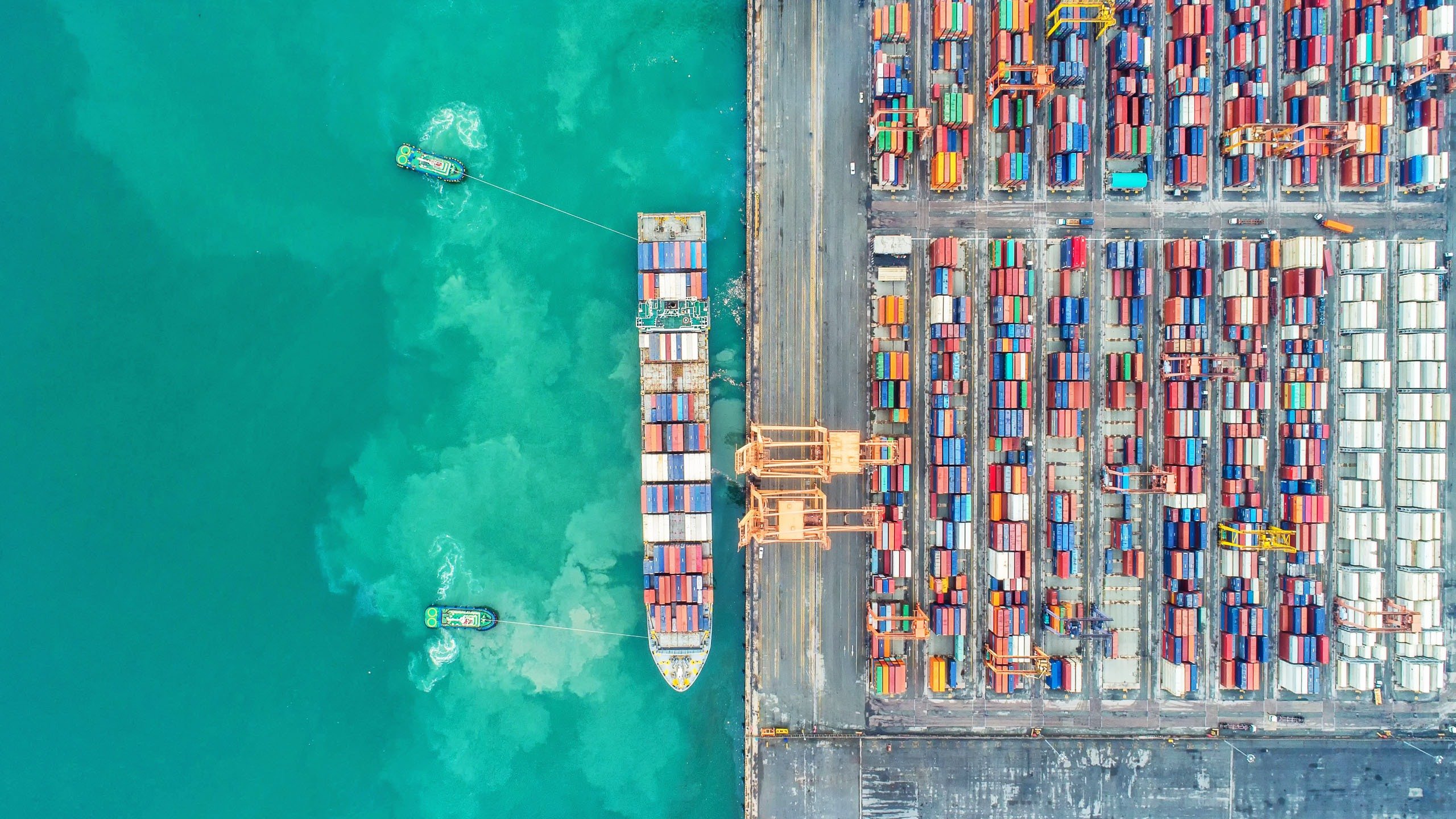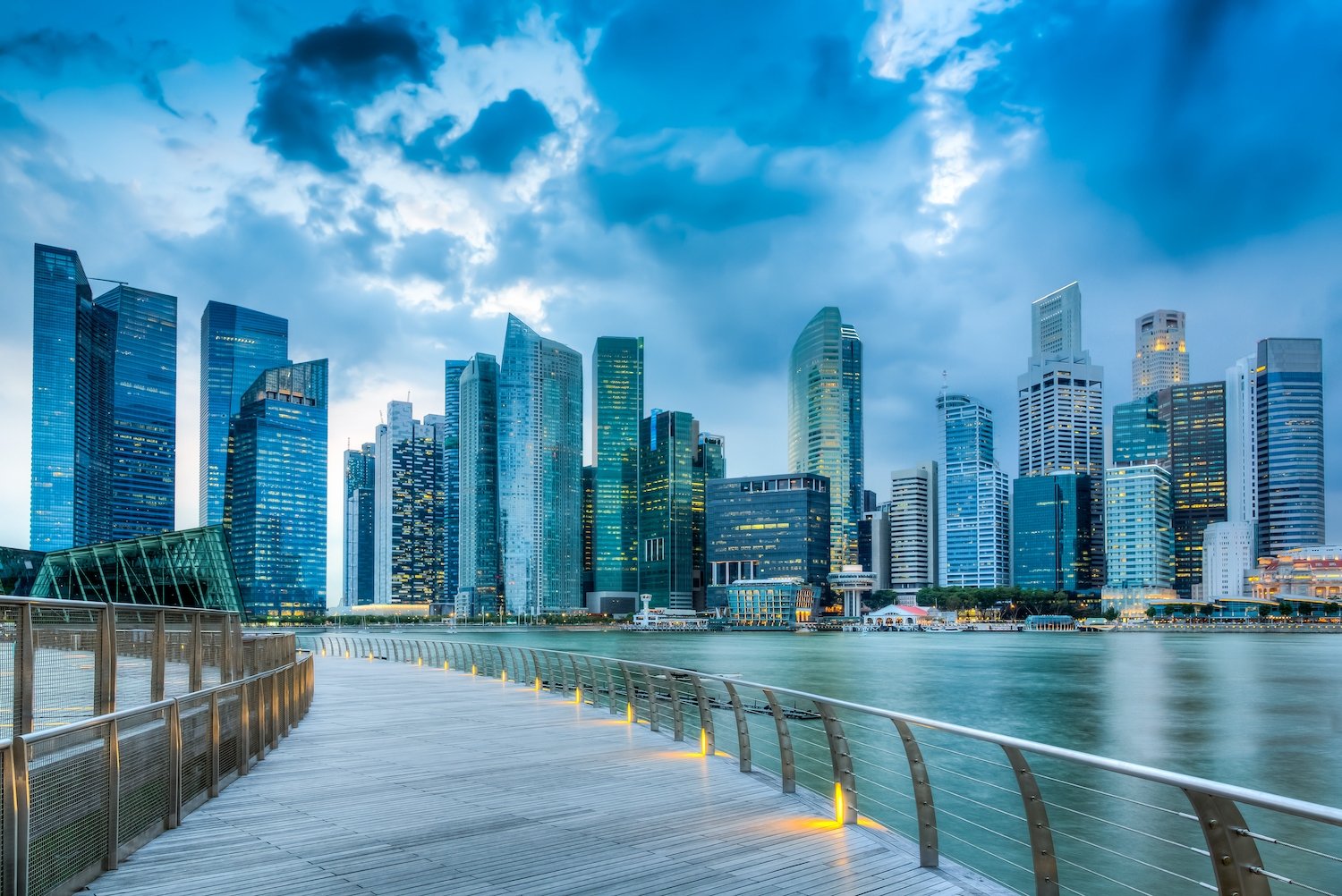OUTLINE
- From 1st April 2008, vessels carrying liquid HNS visiting Japan must pre-contract with the Marine Disaster Prevention Centre (MDPC) for responding to HNS incidents.
- MDPC's contract does not fully comply with the IG guidelines. A special cover has been arranged for all Members as a temporary measure in respect of the increased liability.
- Members should contact MDPC for enrolment information.
TO THE MEMBERS
Dear Sirs
Japan - OPRC/HNS Protocol - MDPC
Under the International Convention on Oil Pollution Preparedness, Response and Co-operation 1990 (OPRC), countries parties to the OPRC are required to establish measures for dealing with pollution incidents, either nationally or in co-operation with other countries. A Protocol to extend the Convention to apply to pollution incidents by hazardous and noxious substances (HNS) was adopted in 2000 and entered into force in certain countries including Japan on 14th June 2007 (OPRC/HNS Protocol).
In Japan the requirements of MARPOL 73/78 are implemented by virtue of the Law relating to the Prevention of Maritime Pollution and Maritime Disaster. In 2006 this Law was amended in order to prepare for the coming into force of the OPRC/HNS Protocol. Part of the new law came into force on 1st April 2007 and part came into force on 1st April 2008. The latter concerns shipowners. For the most part the requirements of the Protocol are fulfilled by having on board a Shipboard Marine Pollution Emergency Plan (SOPEP). However, the 2006 Japanese Law requires that special rules apply to HNS vessels sailing in certain specified areas.
Pursuant to 2006 Law, with effect from 1st April 2008, tankers over 150 gross ton carrying liquid HNS products e.g. kerosene, naphtha, jet oil, gas oil and noxious substances, when sailing in certain specified areas in Japan (Tokyo Bay, Ise Bay, Seto Inland Sea including Osaka Bay) are required to have access to materials, equipment and experts necessary for the prevention/elimination of HNS spills. The Maritime Disaster Prevention Centre (MDPC) can provide these and, in reality, in order to comply with the requirement under this law it is necessary for owners to pre-contract with MDPC.
The 2006 Law is similar to that applying to tankers carrying persistent oil when calling at Japanese ports. Owners must pre-contract with MDPC in order to have access to the appropriate response resources etc. MDPC is in effect acting as a spill response organisation. The latest MDPC contract has been reviewed by the International Group to ascertain whether it accords with the International Group's guidelines for OSRO contracts. Unfortunately it does not conform with the Group's guidelines.
As a temporary measure, and to allow time for discussions with MDPC, the International Group brokers have arranged additional insurance to cover the increased liability, details of which can be obtained from the Association.
Members should get into touch with MDPC directly for enrolling with MDPC. Information on enrolment process, including the MDPC contract, can be obtained from MDPC's web address:
A similar circular is being sent by the other members of the International Group of P&I clubs.




